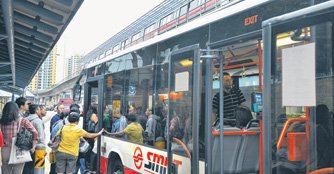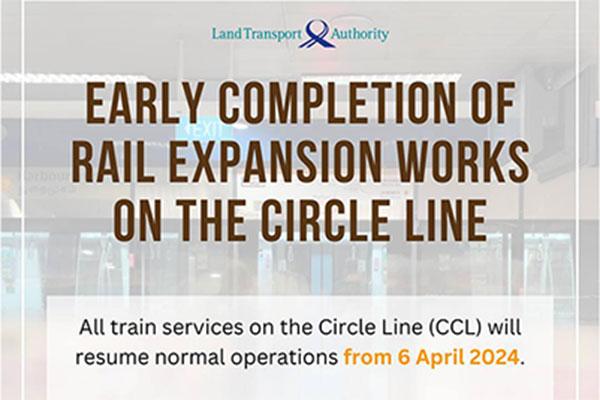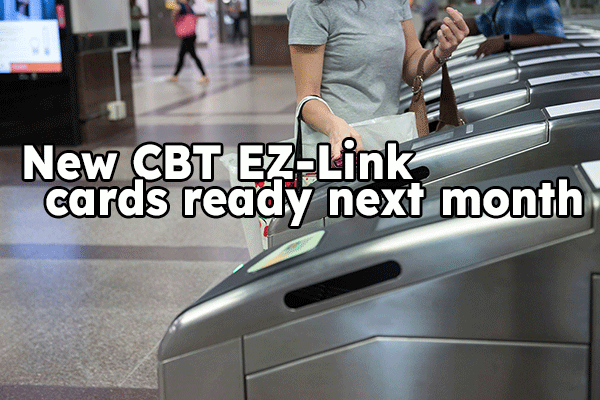Government to fund an additional 450 buses from 2015
12 Mar 2014|2,861 views
Addressing the Parliament yesterday, Transport Minister Lui Tuck Yew revealed that a further 450 buses will be added from 2015 with a majority of buses to be in service by the end of 2016. The 450 units are an addition to the 550 government funded buses to be rolled out by the end of the year, bringing the total Bus Service Enhancement Programme (BSEP) fleet to 1,000 units by 2017.

The expanded BSEP would also double the new routes from 40 to 80. Mr. Lui explained that most will serve expanding towns in the North-East while several will bolster feeder services. About 20 will be City Direct services.
Although the Government will continue to draw on a $1.1 billion fund committed in 2012, to start and run the original BSEP for a decade, a fresh injection of funds is likely. Industry experts believe the eventual fund will exceed $2 billion if terms of the enhanced programme are similar to the original.
However nominated MP, R. Dhinakaran, raised concerns, similar to those two years ago, and believes mixing public funds into a private operator can lead to misconceptions. He went on to comment, "It appears that the transport companies can continue to work on their profitability motive with a fallback that eventually the Government will step into areas where the marginal returns on investment are less than adequate to their shareholders." Mr. Dhinakaran also suggested for the transport industry to adopt a non-profit operating model.
In response, the Transport Minister remarked a non-profit operating model might seem tempting, but could lead to operators having less incentive to be efficient and productive. He also reminded the BSEP programme was to support commuters, not operators, who gain no additional profit from the fleet boost.
Addressing the Parliament yesterday, Transport Minister Lui Tuck Yew revealed that a further 450 buses will be added from 2015 with a majority of buses to be in service by the end of 2016. The 450 units are an addition to the 550 government funded buses to be rolled out by the end of the year, bringing the total Bus Service Enhancement Programme (BSEP) fleet to 1,000 units by 2017.
By 2017, the local bus fleet is expected to grow by 35 percent to about 5,400 units - including new buses added by the public transport firms along with City Direct Services and short services run by private operators to ease peak-period crowding.
The expanded BSEP would also double the new routes from 40 to 80. Mr. Lui explained that most will serve expanding towns in the North-East while several will bolster feeder services. About 20 will be City Direct services.
Although the Government will continue to draw on a $1.1 billion fund committed in 2012, to start and run the original BSEP for a decade, a fresh injection of funds is likely. Industry experts believe the eventual fund will exceed $2 billion if terms of the enhanced programme are similar to the original.
However nominated MP, R. Dhinakaran, raised concerns, similar to those two years ago, and believes mixing public funds into a private operator can lead to misconceptions. He went on to comment, "It appears that the transport companies can continue to work on their profitability motive with a fallback that eventually the Government will step into areas where the marginal returns on investment are less than adequate to their shareholders." Mr. Dhinakaran also suggested for the transport industry to adopt a non-profit operating model.
In response, the Transport Minister remarked a non-profit operating model might seem tempting, but could lead to operators having less incentive to be efficient and productive. He also reminded the BSEP programme was to support commuters, not operators, who gain no additional profit from the fleet boost.
Latest COE Prices
August 2025 | 2nd BIDDING
NEXT TENDER: 03 Sep 2025
CAT A$104,524
CAT B$124,400
CAT C$72,190
CAT E$125,001
View Full Results Thank You For Your Subscription.


















